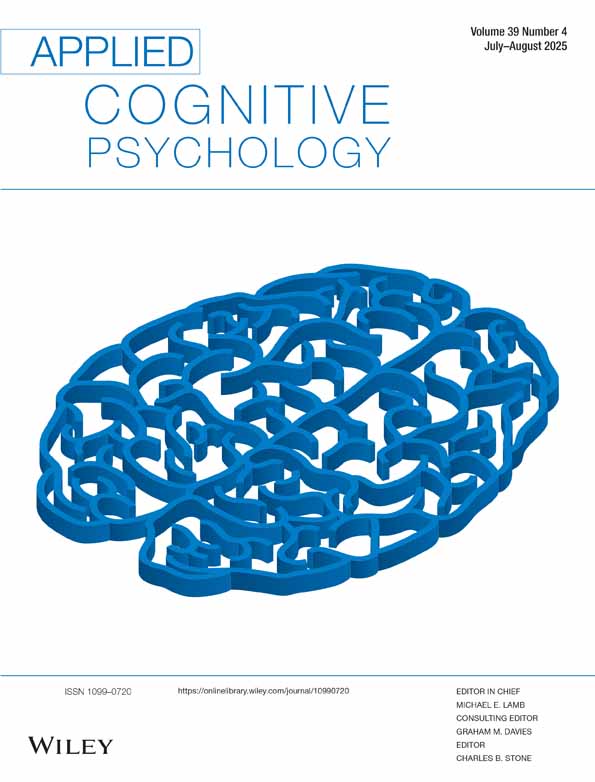Narratives of 9/11: relations among personal involvement, narrative content and memory of the emotional impact over time
Abstract
Previous research has documented the beneficial effects of expressive narrative writing, and especially the inclusion of cognitive processing and emotion words, for alleviating stress. In this study, 65 mostly white Emory University undergraduates of Judeo-Christian backgrounds recalled their emotional reaction upon hearing the news of 9/11 within 2 months of the event, and again one month and 6 months later. Between the initial and one month assessment, participants engaged in expressive writing for 20 minutes a day for 5 consecutive days. Individuals who had higher personal involvement in the events of 9/11, through knowing someone who was killed or having lived in the affected areas, recalled being more shocked and upset upon hearing the news across time, and used fewer cognitive processing and positive emotion words in their narratives, than those with no direct involvement. Individuals who used more cognitive processing and emotion words in their narratives subsequently recalled being less shocked and upset upon hearing the news. Implications of these finding for emotional memory and emotional regulation are discussed. Copyright © 2003 John Wiley & Sons, Ltd.




